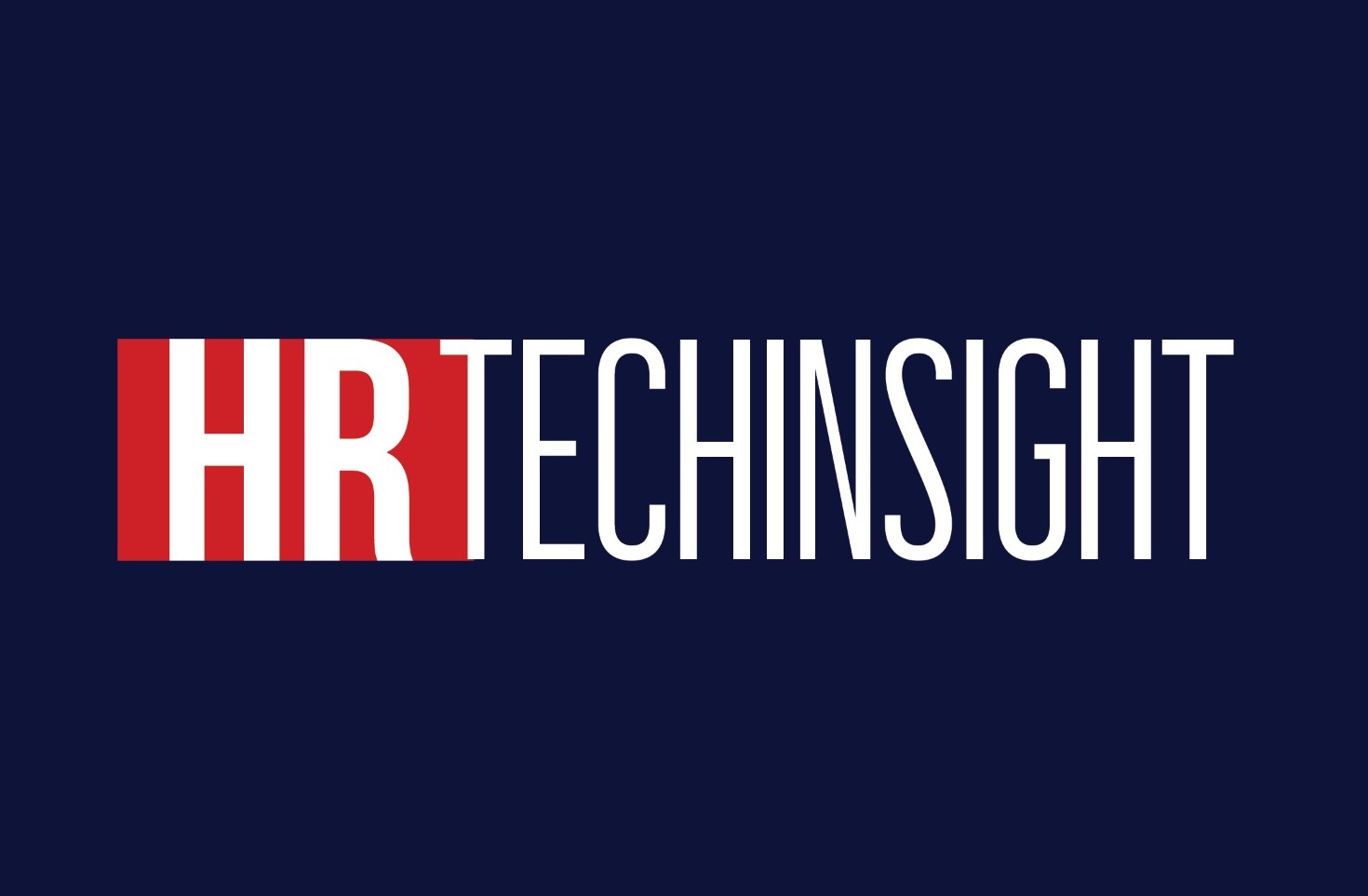Organizations are increasingly exploring AI tools to streamline the hiring process by identifying candidates, analyzing CVs, and evaluating applicants. While these tools can improve efficiency, improper use may harm job-seekers by unfairly excluding them or compromising their privacy.
A recent audit of AI tool providers in the recruitment industry uncovered significant areas for improvement. Issues included ensuring the fair use of personal data, minimizing its collection, and providing transparent explanations to candidates about how their information would be used.
Following the audit, nearly 300 recommendations were made to providers and developers to improve compliance with data protection regulations. These recommendations were fully or partially accepted, and the findings, along with practical advice, are detailed in the newly published audit outcomes report.
Ian Hulme, Director of Assurance at the ICO, commented:
“AI offers significant advantages for recruitment processes, but it also introduces new risks. Organizations planning to adopt AI tools must ensure compliance with data protection laws by asking critical questions of providers and securing guarantees that the tools are used lawfully and fairly.”
Key Questions to Consider Before Procuring AI Recruitment Tools
Have you conducted a Data Protection Impact Assessment (DPIA)?
A DPIA is essential for identifying, mitigating, and addressing privacy risks. It should be completed before using any AI tool, ideally during the procurement stage, and updated regularly as processing evolves. This helps organizations fulfill their accountability obligations under data protection laws.
What is the lawful basis for processing personal data?
Any use of personal information requires a valid legal basis, such as legitimate interests or consent. Processing sensitive data, like health or ethnic origin, also requires meeting specific legal conditions.
Are responsibilities documented and processing instructions clear?
Both recruiters and AI providers share responsibility for compliance. Clearly define roles as data controllers or processors, document them in contracts, and set explicit written instructions for providers. Establish oversight mechanisms to ensure adherence to these instructions and consider setting performance benchmarks, such as bias reduction and statistical accuracy.
Has the provider addressed potential bias?
The audit revealed fairness issues, such as filtering out candidates based on protected characteristics. Organizations must ensure that AI tools process data fairly by monitoring outputs for bias or inaccuracies. Providers should offer clear documentation demonstrating steps taken to mitigate bias.
Is the AI tool being used transparently?
Inform candidates about how their personal information will be processed by the AI tool. Provide clear privacy notices explaining the purpose, logic, and potential outcomes of the tool. Additionally, outline how candidates can challenge automated decisions affecting them.
How is unnecessary data processing being limited?
Some AI tools collect and store excessive personal information, often without the candidate’s knowledge. Organizations must ensure that only the minimum data required for the intended purpose is collected and that it is not used for unrelated purposes.
By addressing these questions, organizations can ensure they adopt AI recruitment tools responsibly, minimizing risks to job-seekers while maximizing compliance with data protection laws.




